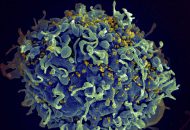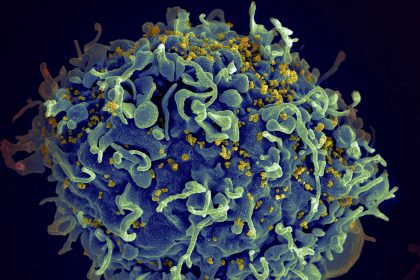Impact of School Nutrition Policies in California Varies by Ethnicity

California state school nutrition policies and federal policies for school meals have mixed impacts on childhood obesity in children of Pacific Islander, Filipino and American Indian/Alaska native origins, according to a new study.
The research was published this week in the open access journal PLOS Medicine by Mika Matsuzaki of Johns Hopkins Bloomberg School of Public Health, U.S., and colleagues.
It started with the premise that children of these hereditary groups are some of the most understudied subgroups experiencing high rates of overweight/obesity.
California has enacted policies on foods and beverages available in schools through a series of standards beginning in 2004, and federal policies in 2010 also sought to improve school nutrition standards.
In the new study, researchers used data on demographics, body composition and fitness that were collected by the California Department of Education on students in 5th and 7th grade each year between 2002 and 2016 as part of the state Physical Fitness Testing program.
Overall, the prevalence of overweight/obesity was higher among Pacific Islander, Filipino and American Indian/Alaska children in comparison to White students.
During the baseline period of the study, the overweight/obesity prevalence increased among nearly all students, with the steepest increases for Pacific Islander and American Indian/Alaskan students.
After California state policies went into effect, from 2002 to 2004, the overweight/obesity rates decreased for almost all groups, with the largest fall seen among Pacific Islander girls in 5th grade.
When both the California and federal nutrition policies were in effect, after 2010, additional declines in the overweight/obesity prevalence were seen among White and Filipino students but not for Pacific Islander or American Indian/Alaskan students.
As the study was only conducted in California, without a comparison group unaffected by the policies, the researchers could not establish that all changes in prevalence of overweight/obesity were solely attributable to the policies.
“There remain wide racial/ethnic disparities between these racial/ethnic minority subgroups and their White peers,” the authors say. “Additional strategies are needed to reduce childhood obesity and related disparities among these understudied racial/ethnic populations.”
























